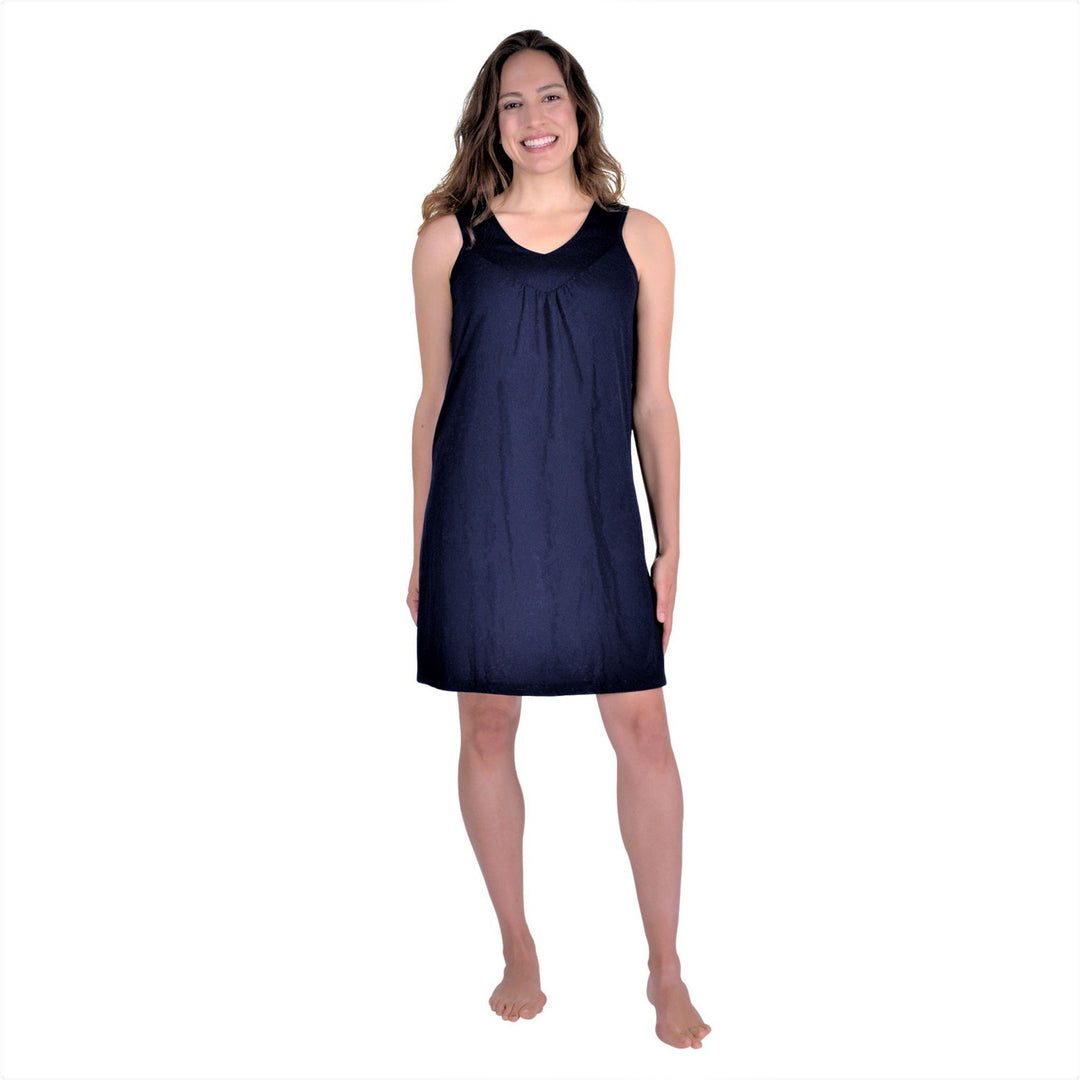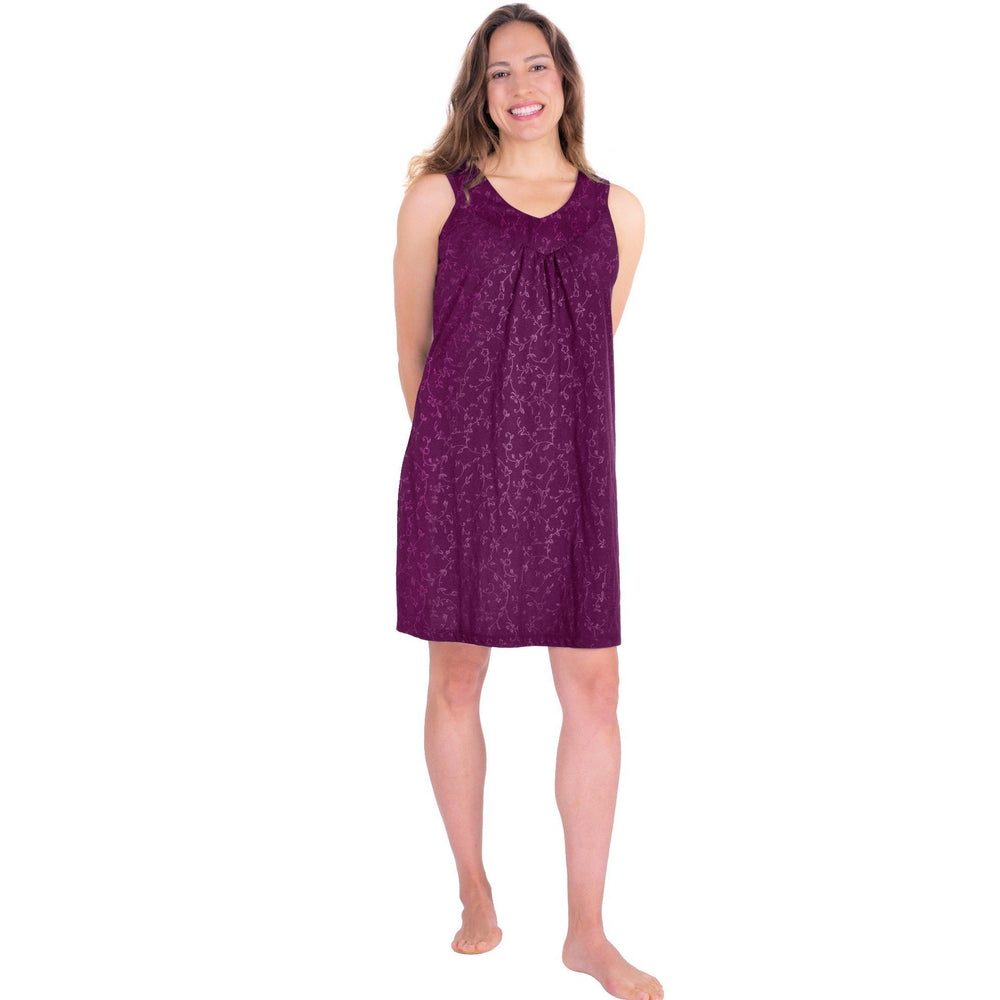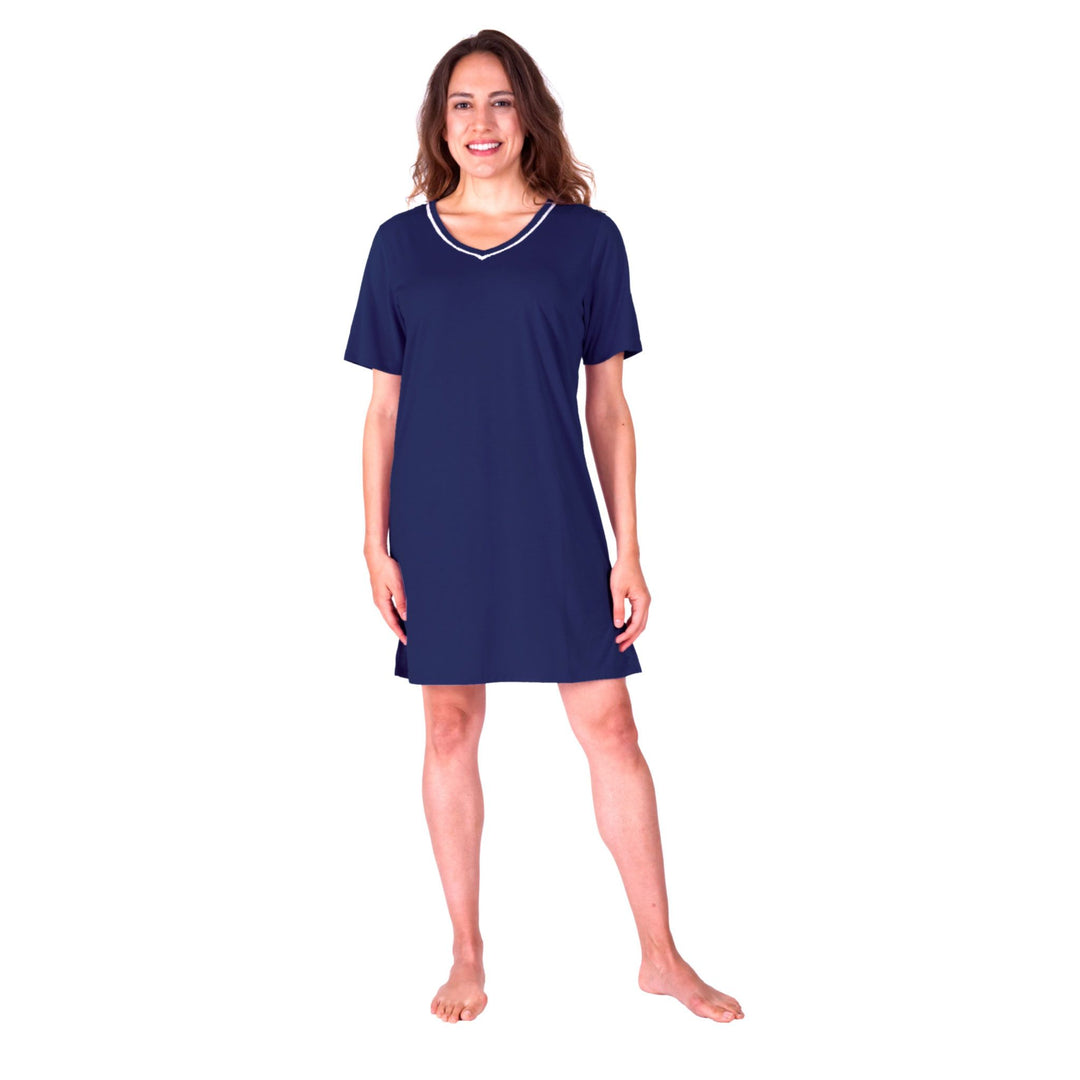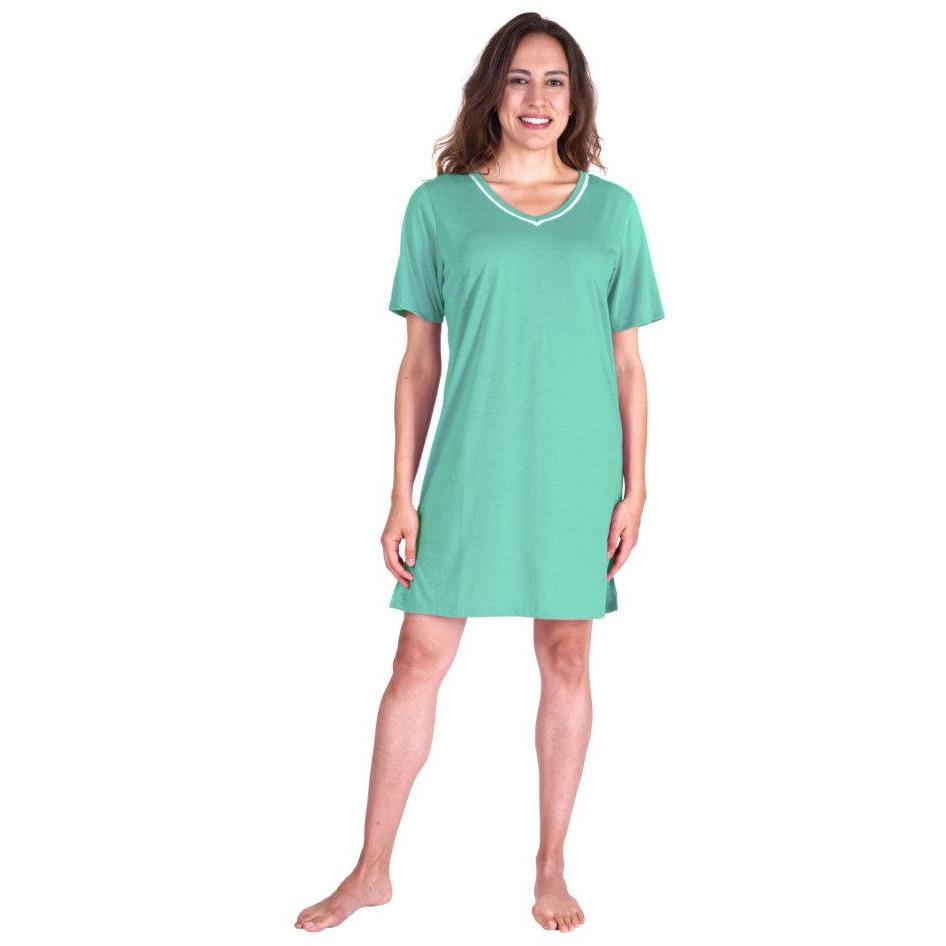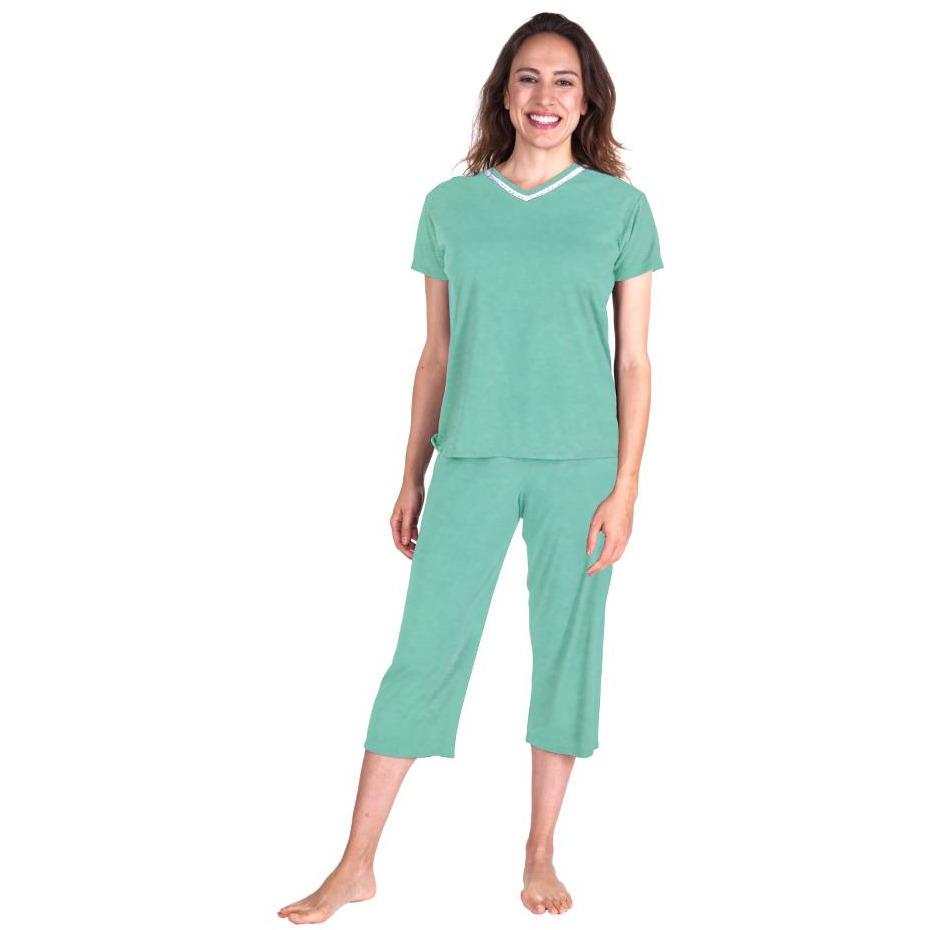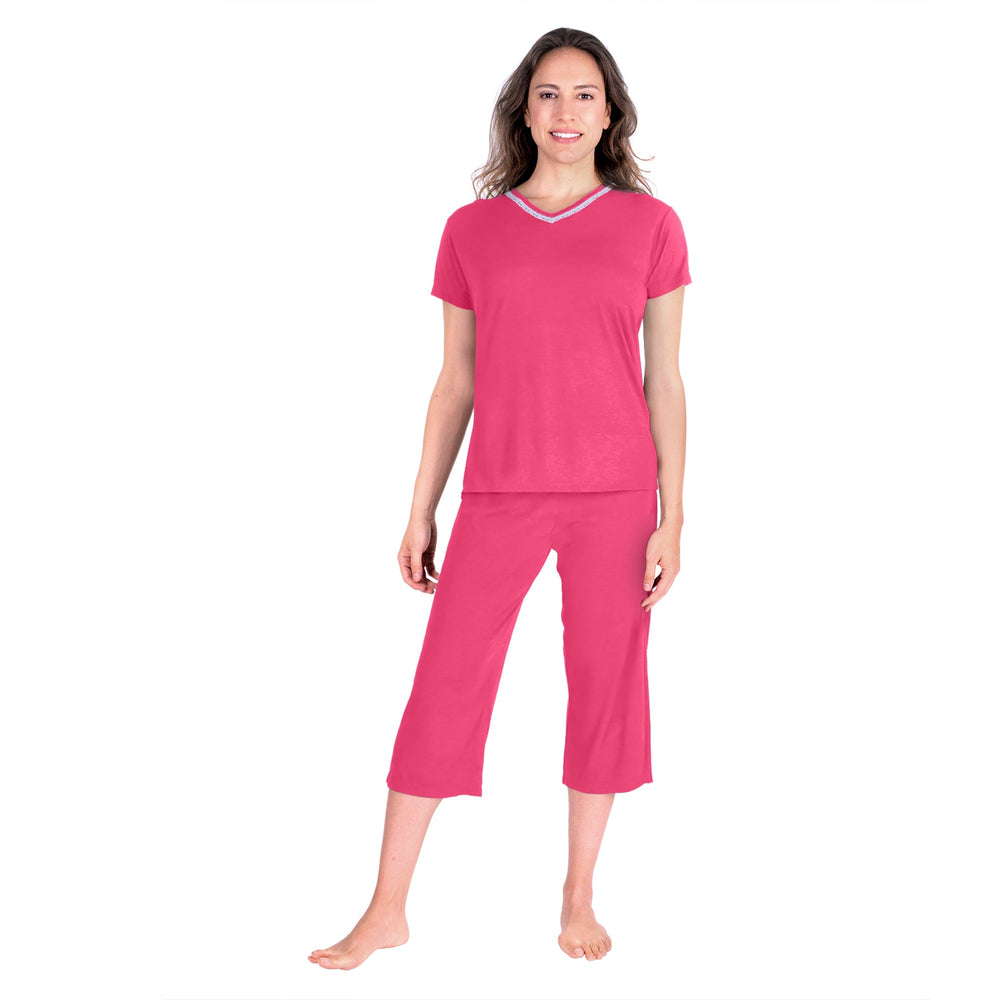Antidepressants for Hot Flashes?

A new study shows antidepressants can help reduce hot flashes and night sweats in menopausal women. In the study, Ellen Freeman, Ph.D., of the University of Pennsylvania School of Medicine, and her colleagues found that women who were either transitioning to menopause or were postmenopausal had less menopausal hot flashes when they used escitalopram (an antidepressant medication) compared to women who received placebo (a dummy medication or treatment). The researchers not only tested to find out whether escitalopram or placebo was more effective, but they also examined whether race modified the treatment effects.
More than 200 women were enrolled in the multicenter, eight-week trial. Over a year, the women were given 10 to 20 mg/per day of escitalopram or a matching placebo. Researchers used the women's daily diaries to measure the frequency and severity of their hot flashes during the fourth and eighth week. At the beginning of the study, the women experienced an average of 9.8 hot flashes per day. By week eight, clinical improvement was significantly greater in the escitalopram group than in the placebo group (55 percent vs. 36 percent). In the escitalopram group, the average hot flash frequency dropped to 5.26 hot flashes per day. In the placebo group, hot flash frequency fell to 6.43 hot flashes per day. The researchers determined that race did not significantly modify the treatment effect. "Our findings suggest that, among healthy women, 10 to 20 mg/d of escitalopram provides a nonhormonal, off-label option that is effective and well-tolerated in the management of menopausal hot flashes," the authors wrote. Although the decreases in hot flash frequency and severity may appear modest, researchers said the study participants thought the improvements were meaningful and indicated that they wanted to continue the treatment.


